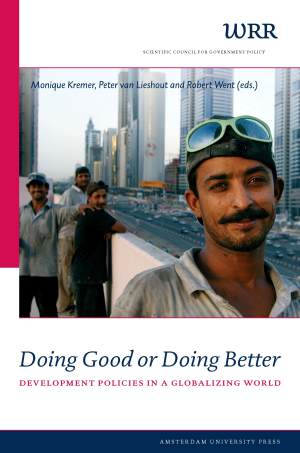This volume provides the most comprehensive analysis available of the core issues on the global development agenda. All of the most difficult challenges are addressed - including the problems of development orthodoxy; the potential for corporate, NGO and civil society partnerships; the impact of the rise of China and India on aid, trade and investment; how best to engage in postwar peace and state building - and in each case novel answers provided. Both beginners and veterans in this field will benefit enormously from its insights.
Martin Rhodes, Professor and Co-Director,
Joseph Korbel School of International Relations, University of Denver, Colorado

